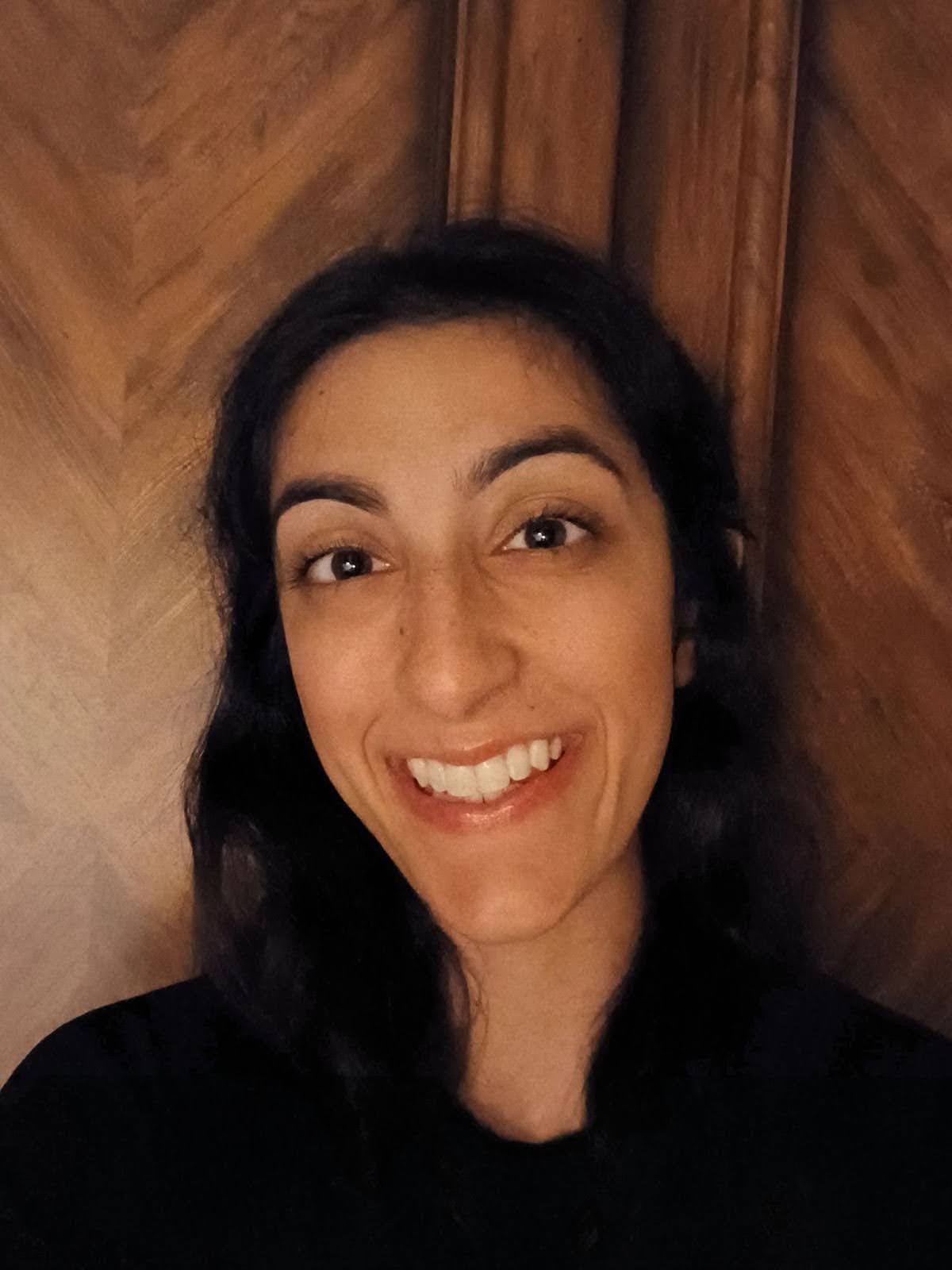OT Placement Student Spotlight: Shaan Dhillon
9 October 2024
 A former teacher, Shaan Dhillon discovered occupational therapy as a potential career just a year before she applied to the program. She became curious when she met OTs who worked with her students and OTs who worked in geriatric mental health with a family member. She soon discovered the many different ways an OT can have a positive impact on the lives of others.
A former teacher, Shaan Dhillon discovered occupational therapy as a potential career just a year before she applied to the program. She became curious when she met OTs who worked with her students and OTs who worked in geriatric mental health with a family member. She soon discovered the many different ways an OT can have a positive impact on the lives of others.
Now a second-year student in the occupational therapy program, Dhillon recently completed a placement at Alberta Health Services Camrose Home Care. We caught up with her to learn about her placement experience.
Tell us about your placement at AHS Camrose Home Care.
Working in a dynamic home-care setting that provided comprehensive and compassionate care to the local population and surrounding rural communities was instrumental in enhancing my clinical skills. I worked with clients to procure assistive equipment and technology, created and followed treatment plans, completed swallowing assessments, provided wound care and specialized patient education post-discharge, and wrote letters advocating for clients to receive grant funding through Alberta’s Residential Access Modification Program. I also worked with clients in several designated and supportive living facilities with a variety of needs ranging from physical disabilities to mild cognitive impairment and severe dementia.
Having my placement in a rural setting allowed me to spend time with the physiotherapist, therapy assistant, SLP and dietician to fully understand the cohesive nature of the rehab team’s operations, and how each of our roles fit together to enhance patient care. It also allowed me to work with a range of clients, from those recently discharged to those in palliative care, and even some clients residing on the Camrose Hutterite Colony. These experiences, coupled with the exceptional mentorship and collaborative spirit of the AHS Camrose Home Care team, equipped me with the skills and confidence to excel in my future OT practice and have encouraged me to seek career opportunities in rural communities in Alberta.
What did you learn and/or what impacted you the most?
I learned the importance of always meeting clients' needs first and foremost, and that I will always cherish the tremendous privilege and opportunity that I will have as an OT to improve the lives of those around me.
Some of the most impactful memories involve occasions in which my preceptor and I presented seemingly simple solutions to clients to help with their day-to-day activities, and how much of an immediate difference these recommendations made in their daily lives. For example, we taught a client how to use a seated transfer to enter the bathtub to allow her to continue taking baths in her older age and provided a cane to a client with Huntington's Disease to support her as she mobilized around her home.
How will you apply what you learned to your professional and student life?
Client-centeredness is a cornerstone of OT practice. However, this can sometimes be a vague concept to understand when students have limited clinical experience in their repertoires. I learned that taking a client-centred approach ultimately means that as an OT, I will always seek to hear and understand before being understood. With a busy schedule, significant caseload and several competing priorities, this can sometimes be challenging to do. Being able to truly listen and empathize with clients is a hugely important skill that I continued to work on during placement, and is something that serves me well in my student life as well.
Where did you experience the most personal growth through this experience?
As a teacher, I am used to having my patience tested by students, but working with individuals with cognitive impairment, dementia or any other range of abilities and disabilities, I learned to be more patient with myself in trying to understand their realities and in empathizing with them to better understand how I could support them. Clinical reasoning came much more naturally when I was able to understand what the patient wanted, and more importantly, why. I have always been someone who easily empathizes with others, but this experience taught me to use this personal strength in a clinical scope to understand how to best support the clients whom we worked with, and how much more effectively their needs were met when they had a chance to explain their needs to us, instead of us explaining what they needed, to them.
Would you recommend that students take part in placements? What advice would you give?
Absolutely - you receive a lot of information and basic knowledge in class, but you can't compare this to how much you learn when you see all of this conceptual knowledge being put into practice. Some skills, like clinical reasoning, really can't be fully taught in a classroom. OT is a broad discipline — the perfect field to pursue because there are so many ways to help others. As challenging as it may be while you are in the midst of exams and assignments, it's worth it in the end!